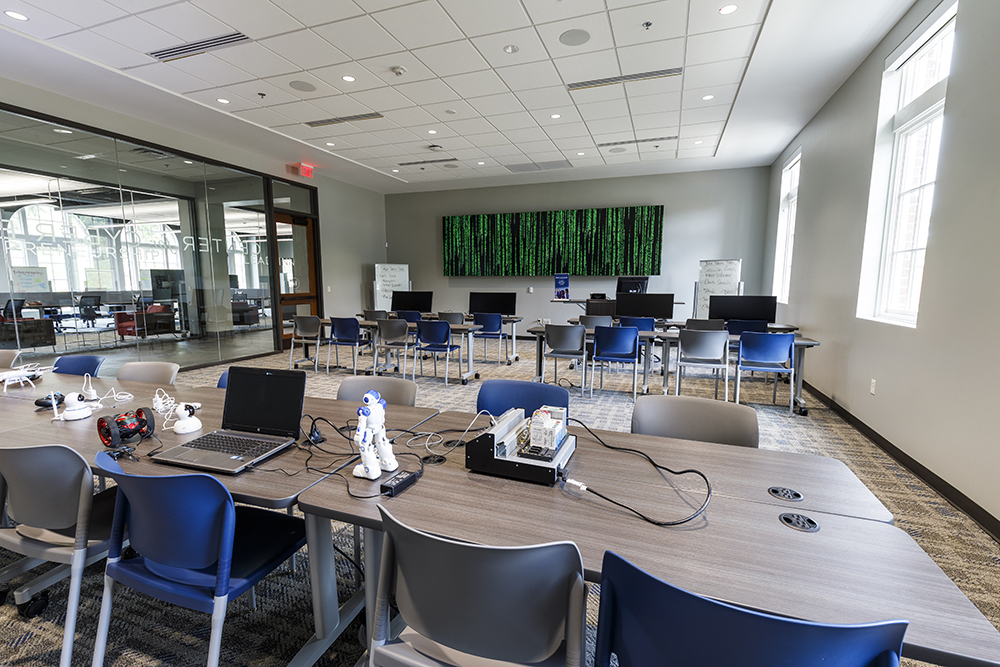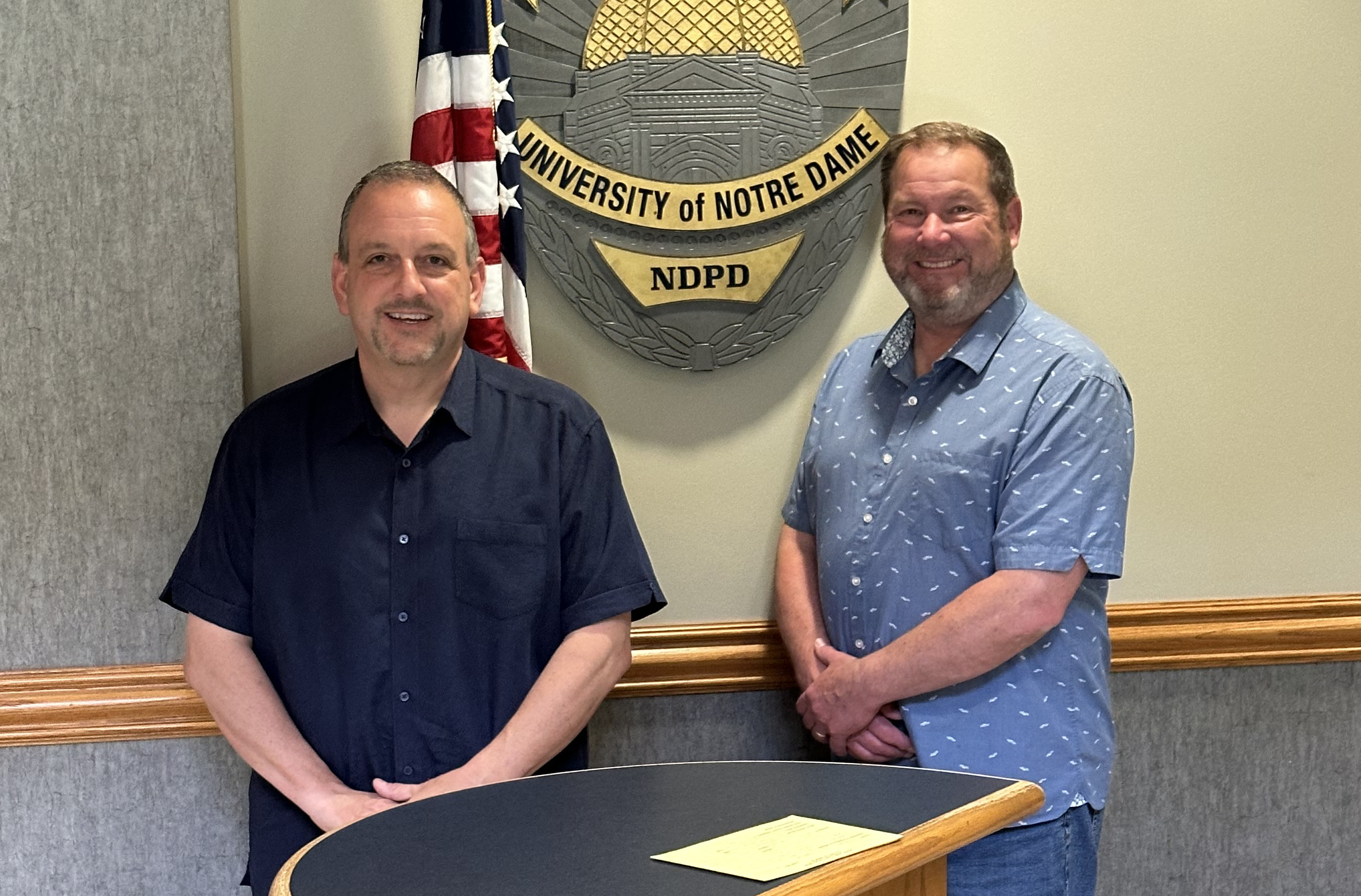Search News Archives
Filter News Articles
Additional Navigation
With cyber threats on the rise, Liberty remains dedicated to training new generation of cybersecurity experts
February 10, 2021 : By Logan Smith - Office of Communications & Public Engagement
 A massive cyber breach into the SolarWinds software company in December came as a surprise to cybersecurity experts across the nation. Had the FireEye firm not caught the irregularities, Russian hackers may still be penetrating America’s state and federal agencies.
A massive cyber breach into the SolarWinds software company in December came as a surprise to cybersecurity experts across the nation. Had the FireEye firm not caught the irregularities, Russian hackers may still be penetrating America’s state and federal agencies.
The breach occurred when thousands of SolarWinds customers installed malware, planted by hackers, into an otherwise routine software update. This method, called a supply-chain attack, affected multiple U.S. departments, including Homeland Security and Treasury. The scope of the damage is still unknown.
To combat and stabilize a surge of similar attacks, the Liberty University School of Business is training the next generation of cyber defensemen through its cybersecurity degree programs and the Center for Cyber Excellence.
Dr. Michael Lehrfeld, the center’s new executive director, said cybersecurity remains one of the fastest growing sectors of the business world. The gates of the job market have burst wide open, with hundreds of thousands of openings every year in auditing, consulting, testing, and more. In 2019, the median pay for information security analysts with a bachelor’s degree was almost $100,000 per year, according to the Bureau of Labor Statistics. Those job opportunities are expected to grow by more than 30 percent in the next decade.
“Anyone who regularly uses a computer, smartphone, or Google automatically has a digital fingerprint,” he said. “Because photos, credit card accounts, social security, and other intel privacies are all stored digitally, the demand for cybersecurity professionals continues to expand.”
Lehrfeld has an extensive career under his belt, working for General Electric and several Microsoft consulting firms before arriving in academia. His goal at Liberty is to maintain the university’s leadership role in the cybersecurity world and to train ethical hackers who hold fast to Judeo-Christian principles.
“The strong Christian values that these students graduate with, the industry loves it because it comes down to trust. … That’s what makes us unique. It’s a cool thing to see these students go forward and take Christ in those areas.”
Liberty offers online and residential degrees in Information Systems (IS), Information Technology (IT), and Computer Science (CS). In 2018, the Department of Homeland Security and National Security Agency formally recognized Liberty University as a National Center of Academic Excellence in Cyber Defense Education.
When Liberty’s School of Business building opened in the Fall of 2019, the Center for Cyber Excellence transitioned from the School of Engineering into the new building, giving the cyber programs additional resources to launch them into the career.
Liberty’s cybersecurity students have the chance to put their skills to work and support the National Cyberwatch Center (NCC) by participating in the Mid-Atlantic Collegiate Cyber Defense Competition (MACCDC) each April. Liberty’s team competes against other schools like Johns Hopkins and the University of Central Florida — two powerhouse cybersecurity programs. (For more information about Liberty’s Cyber Defense Club, visit the student club dashboard.)
Through the Center for Cyber Excellence, Lehrfeld is also working to educate students from other academic disciplines on ways to take extra measures to secure their digital devices and prevent cyber attacks in their future careers. The School of Business has made software development courses available to other degree programs, complementing the university’s general computer literacy classes.

“Engineers, doctors, and nurses aren’t security people, but they need to be aware of this,” he said. “Fifteen years ago, it was enough that you knew PowerPoint, Microsoft Word, and Excel. Now, not only do you need that, but you also need to understand the life cycle of information.”
“We aren’t slowing down the digital revolution,” Lehrfeld added. “Everyone who uses a computer needs to be aware of security. Our entire lives are on these things. Some of our most precious memories we have are all storied somewhere, whether that be on a computer in your house or the cloud. … This is not just a concern of the nerds; it’s a concern of the masses.”


